1. Demanding More Attention
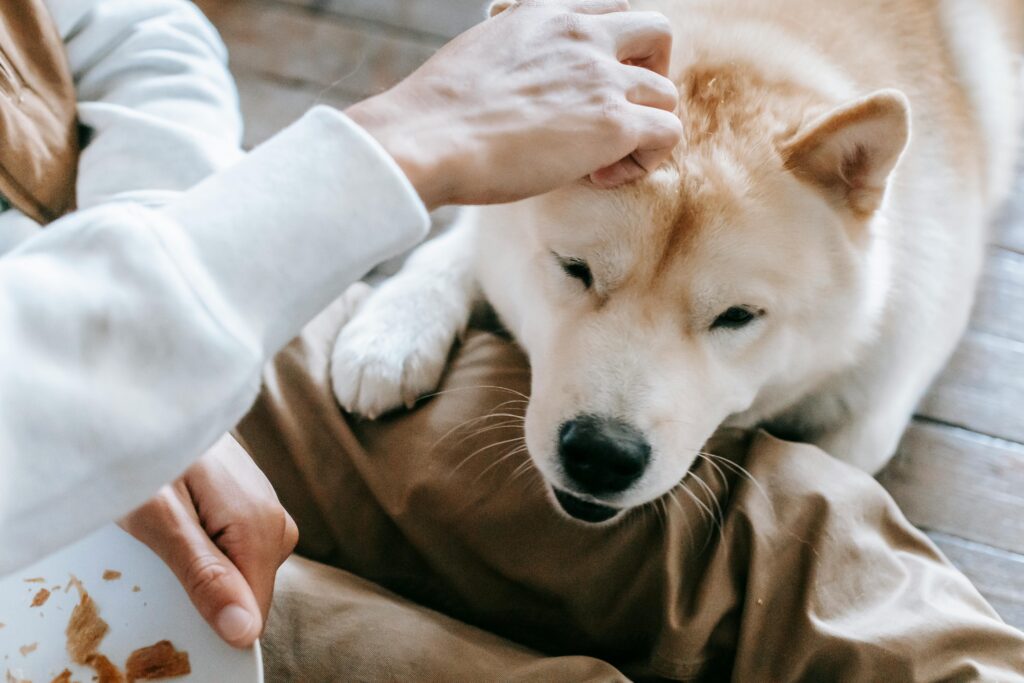
One of the most common signs of jealousy in pets is when they start seeking extra attention. If your dog or cat is constantly pawing at you, nudging, or even inserting themselves between you and the new animal, they’re probably feeling left out and want to reclaim your affection.
2. Pushing or Nudging the Other Animal Away
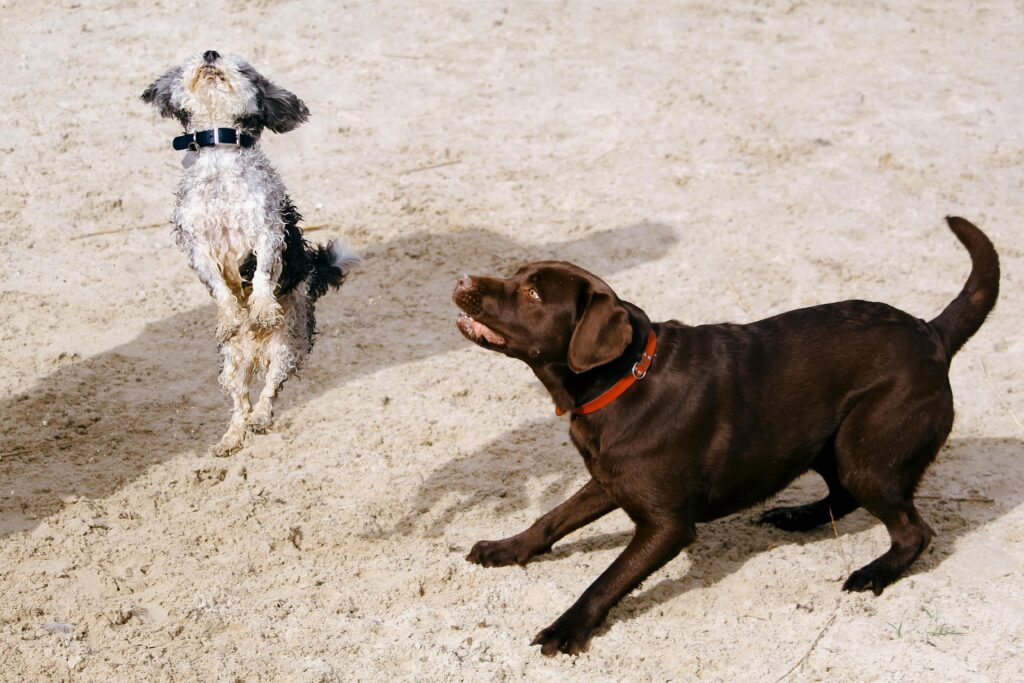
If your pet actively pushes or nudges the other animal away from you, they’re likely jealous. Dogs and cats often use physical means to claim their space, showing the other pet that you are theirs and that they aren’t interested in sharing.
3. Excessive Barking or Meowing
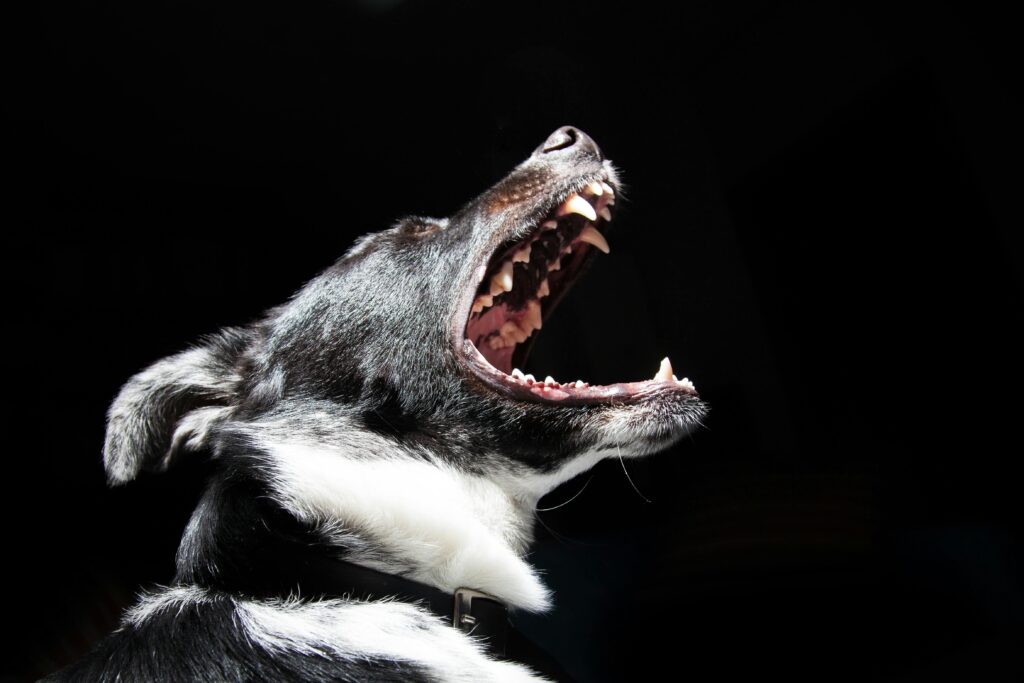
If your dog starts barking more than usual or your cat is meowing non-stop whenever you’re interacting with the other animal, this could be a clear sign of jealousy. The vocalization is their way of saying, “Hey, what about me?”
4. Refusing to Share Their Space
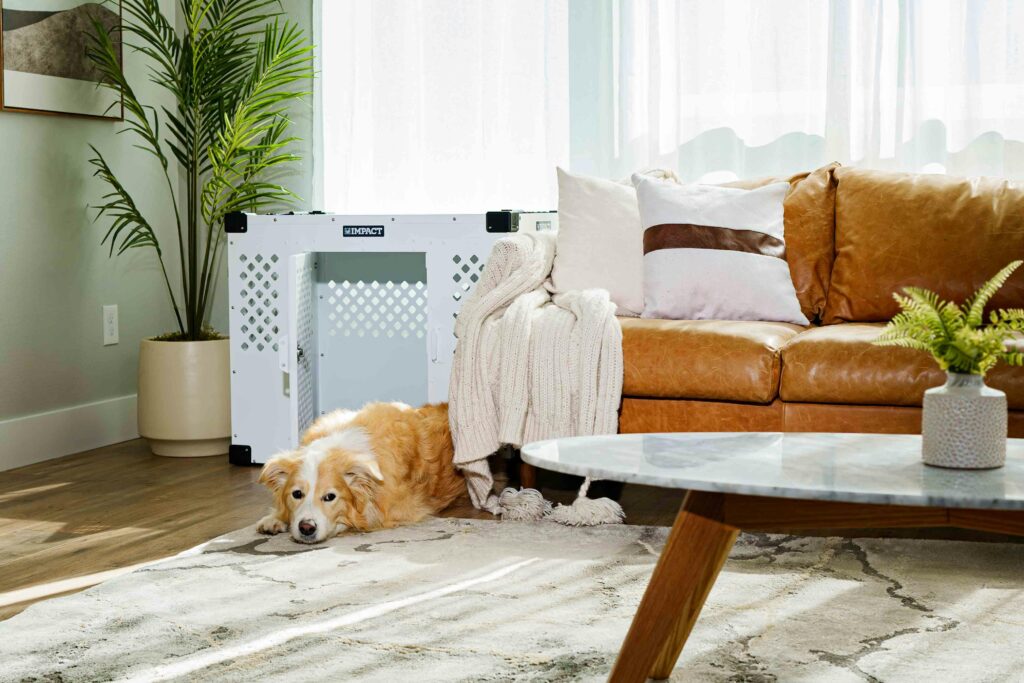
Jealous pets may become territorial, refusing to share their favorite sleeping spots or toys with the new animal. If your pet starts guarding their bed, favorite chair, or toys more intensely, they’re likely feeling threatened by the new addition.
5. Following You Everywhere

A jealous pet might follow you around constantly, keeping a close eye on you and the other animal. If your pet suddenly becomes your shadow, always wanting to be where you are, it could be a sign they’re feeling insecure about the new animal’s presence.
6. Sudden Destructive Behavior
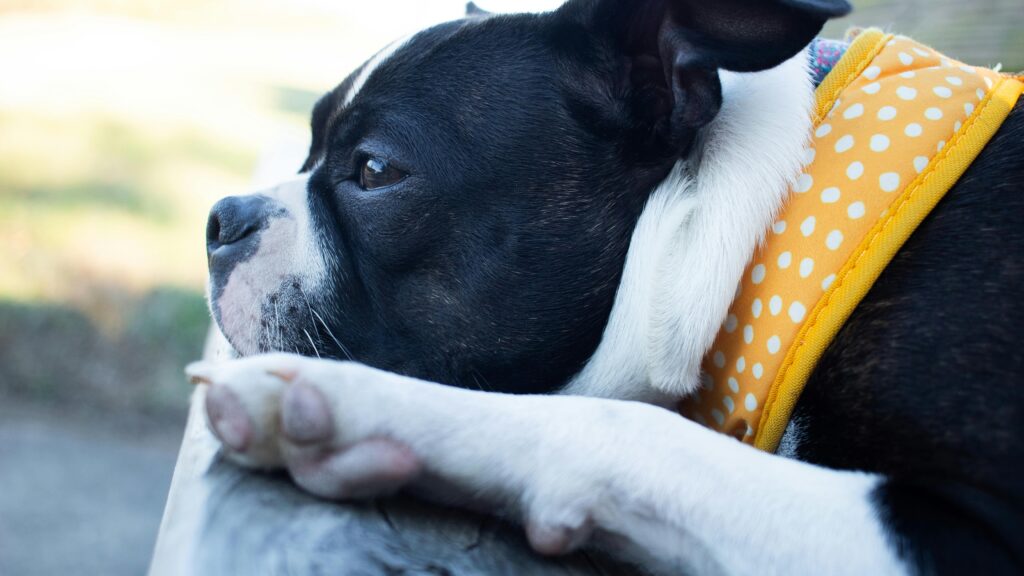
Jealousy can sometimes lead to destructive behavior. If your dog starts chewing furniture or your cat begins scratching things they normally wouldn’t, they might be acting out because they feel neglected or upset about the new pet.
7. Pawing or Clawing at You
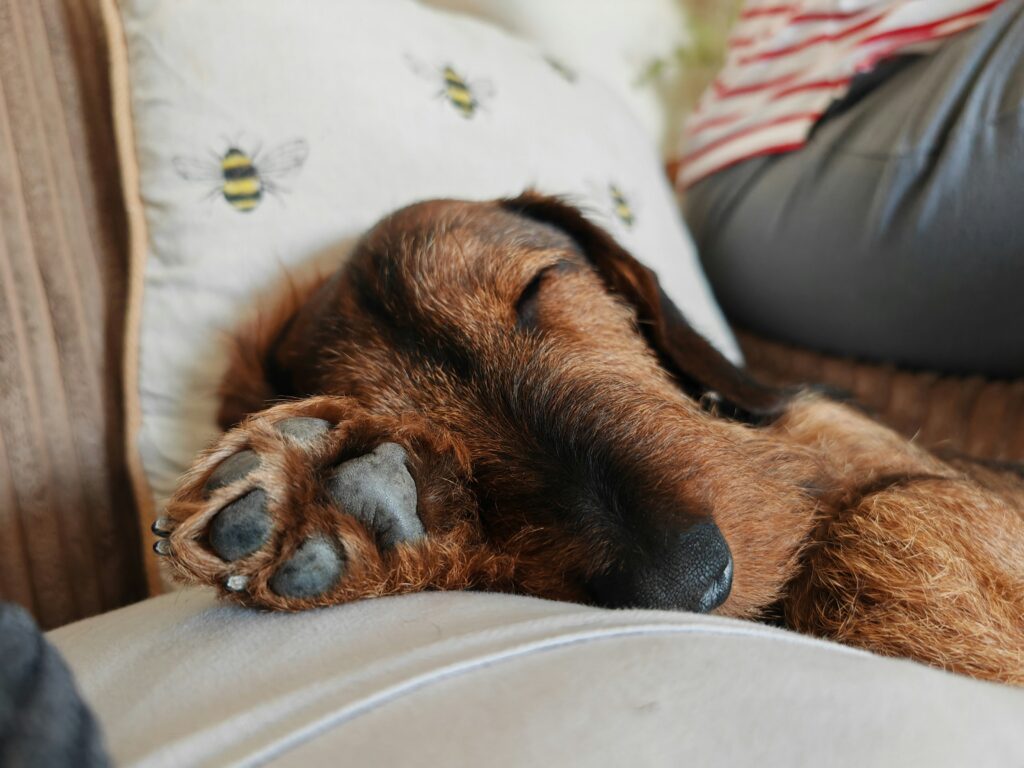
If your pet starts pawing at you insistently while you’re petting or paying attention to another animal, they’re probably jealous. They want your attention focused on them and might use their paws to physically remind you of their presence.
8. Ignoring You
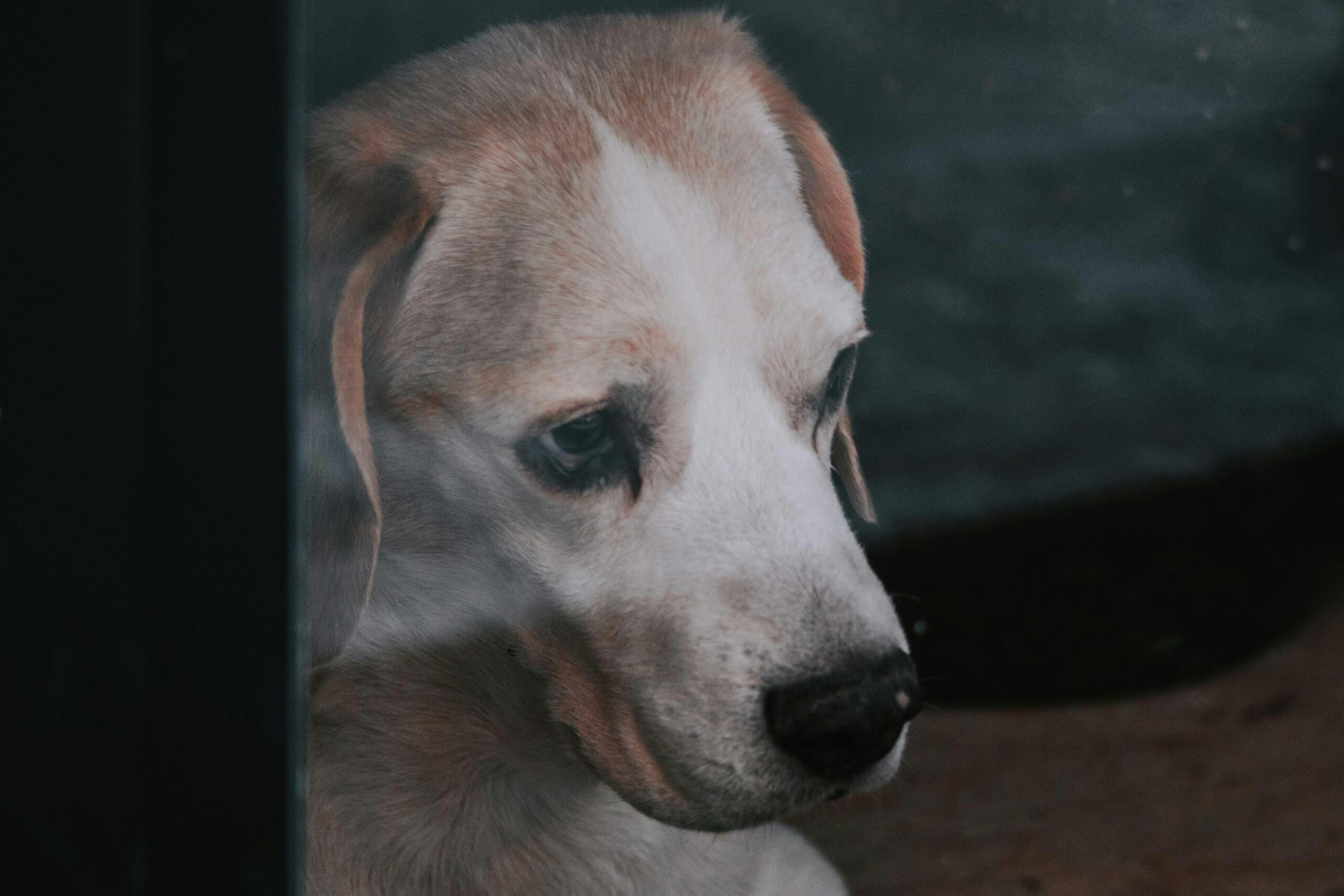
Sometimes, jealous pets will give you the cold shoulder, acting aloof or even avoiding you altogether. If your normally affectionate pet suddenly becomes distant when you bring a new animal home, it could be their way of expressing jealousy.
9. Increased Aggression Toward the Other Animal
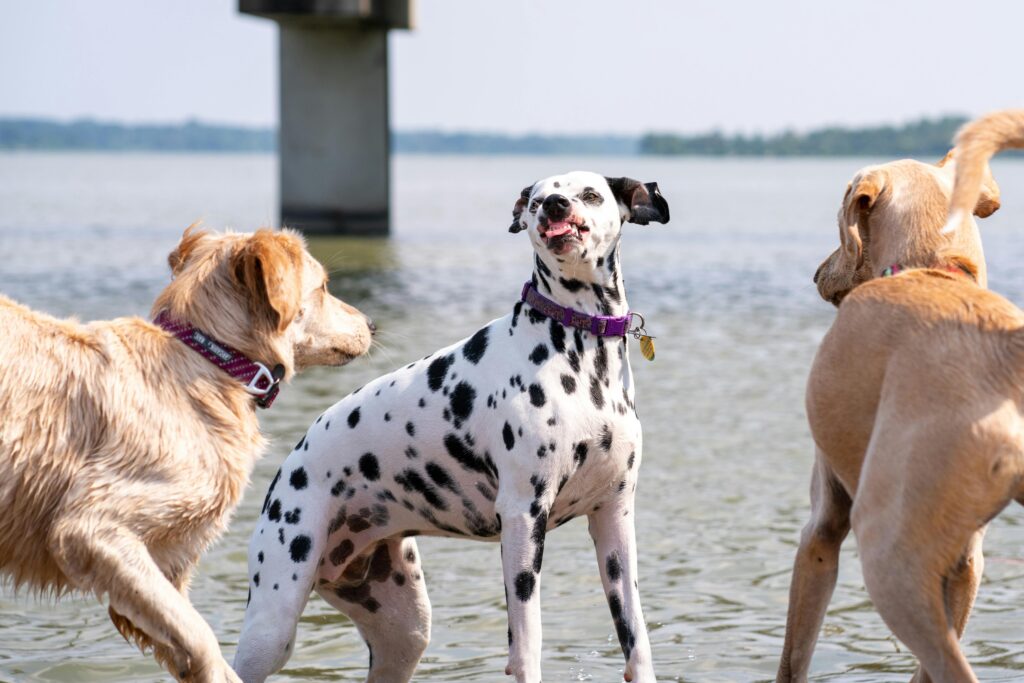
If your pet starts growling, hissing, or showing aggressive behavior toward the new animal, it’s a clear sign of jealousy. This aggression is a way for them to assert dominance or protect their bond with you.
10. Marked Change in Eating Habits

Jealousy can lead to changes in eating habits, like overeating or refusing to eat. If your pet suddenly becomes a picky eater or starts gobbling food down faster than usual, they may be feeling insecure or anxious due to the presence of the other animal.
11. Accidents in the House
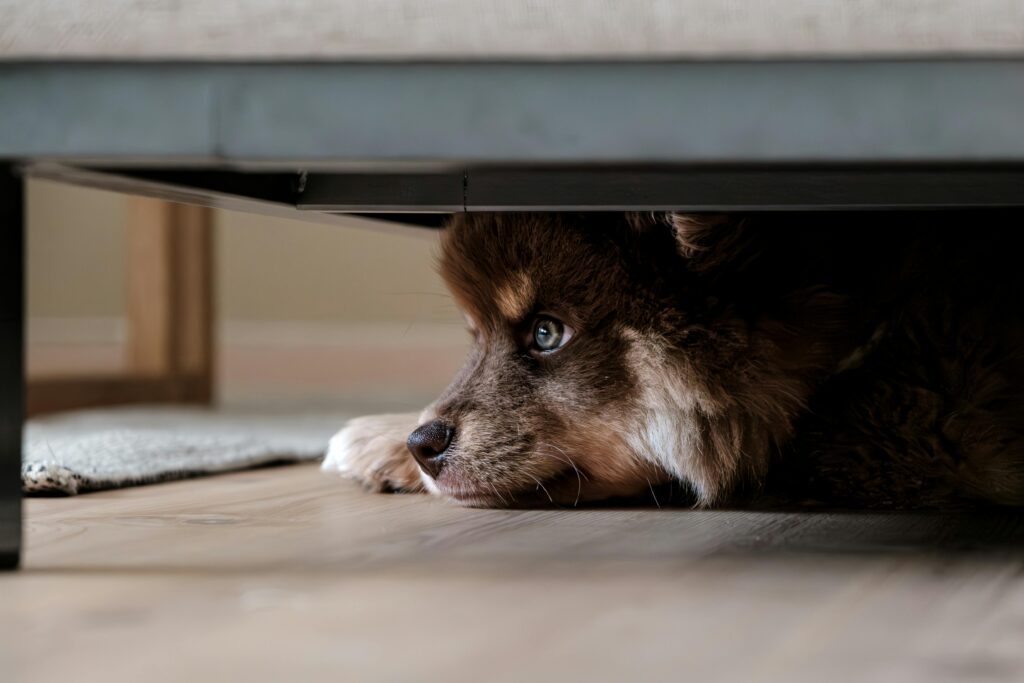
A jealous pet might start having accidents inside, even if they’re house-trained. This behavior can be linked to stress or anxiety caused by the new pet and is their way of expressing their emotional state.
12. Over-Grooming or Excessive Licking
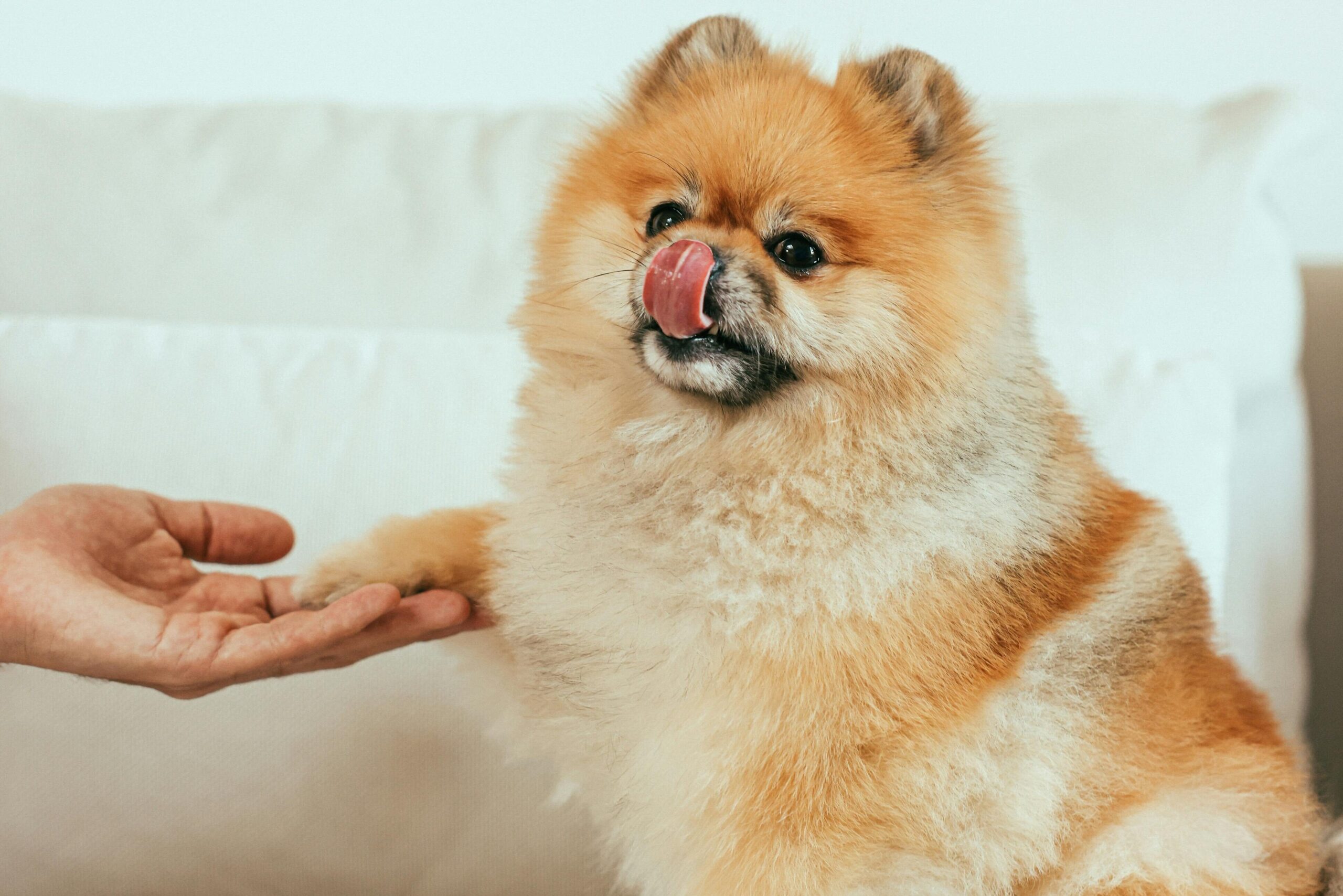
Sometimes, jealous pets will over-groom themselves as a way to cope with stress. If your pet is licking themselves excessively or grooming non-stop, it might be a sign that they’re feeling anxious about the other animal’s presence.
13. Displaying More Affection Than Usual
On the flip side, some pets will go out of their way to be extra affectionate when they’re feeling jealous. If your pet is suddenly more cuddly, always in your lap, or constantly seeking your touch, they may be trying to reaffirm their bond with you.


